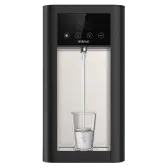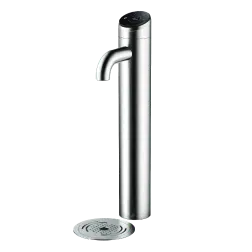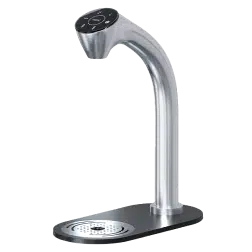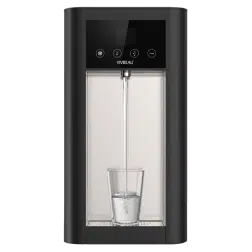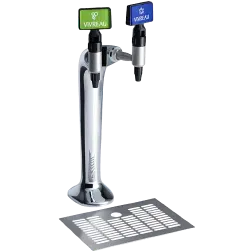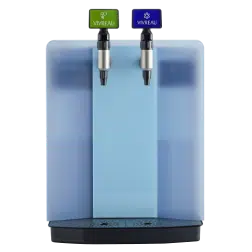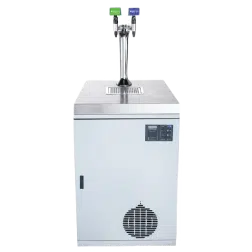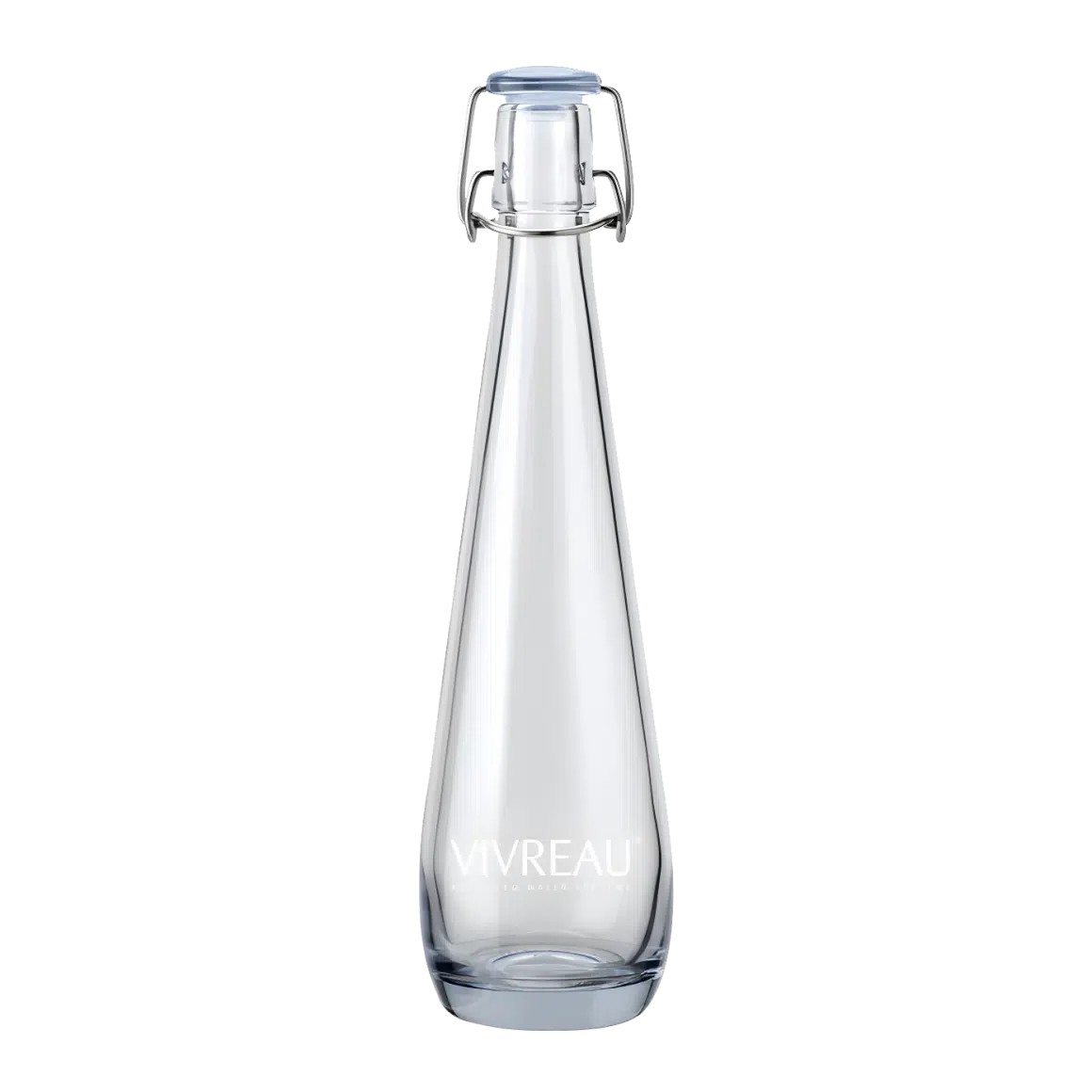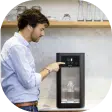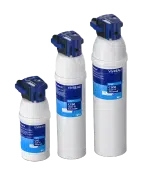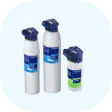Insights into Canadians’ and Americans’ Water Consumption and Sustainability Commitments
Our 2025 Hydration Habits Survey uncovers valuable insights into the drinking water habits, preferences, and sustainability attitudes of Canadians and Americans. The study reveals stark contrasts between the two countries, as well as encouraging trends driven by younger generations prioritizing eco-conscious hydration.
Hydration Habits and Consumption Patterns
The survey highlighted concerning hydration habits in both countries.
- In Canada, one in four Canadians consume just two or fewer glasses of water daily, while three in ten Americans report the same.
- On average, Canadians drink 4.4 glasses of water on weekdays (4.2 on weekends), slightly more than Americans, who average 4.1 glasses on weekdays (3.9 on weekends).
- Younger generations in both countries are leading hydration efforts, with 23% of Gen Z in both Canada and the U.S. consuming seven or more glasses of water on weekdays.
Water Sources and Preferences
The survey revealed differences in the primary water sources between Canadians and Americans:
- 46% of Canadians primarily drink unfiltered tap water, while only 25% of Americans do the same. Americans are more likely to rely on bottled water, with 34% choosing it as their main source, compared to just 13% of Canadians.
- Taste (69%), lack of chemicals or contaminants (48% in Canada, 45% in the U.S.), and convenience (38% in Canada, 37% in the U.S.) emerged as the top factors influencing water preferences in both countries.
- Canadians favor tap and filtered water more often than bottled water, with 38% preferring tap and 30% choosing filtered options, while only 11% prefer bottled water. In contrast, 21% of Americans select bottled water as their top choice, surpassing the 18% who prefer tap water.
Sustainability Trends
Sustainability is a growing priority, particularly among younger generations:
- 61% of Canadians regularly carry reusable water bottles, compared to 57% of Americans. Among those aged 18-34, this rises to 74% in Canada and 72% in the U.S.
- Canadians are less reliant on single-use plastic water bottles, with 65% feeling guilty about their use compared to 50% of Americans. Guilt is most pronounced among younger Canadians (75%) and Americans (61%).
- Women in Canada (74%) express higher levels of guilt about single-use plastics compared to men (56%).
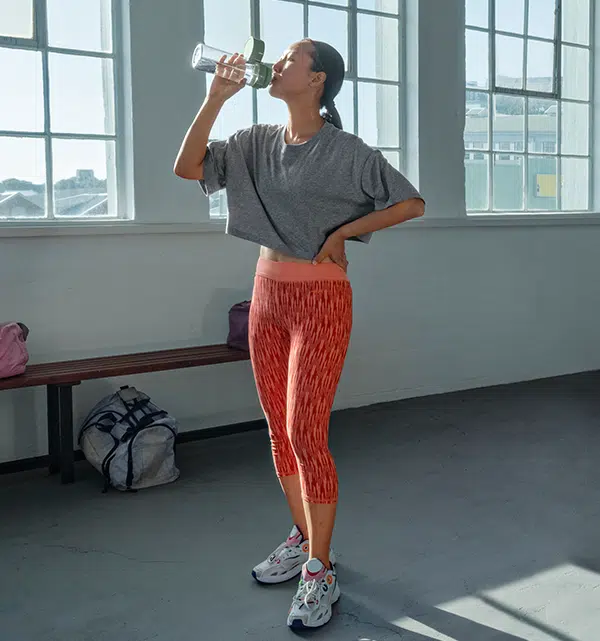
About the Survey
The survey was conducted by Vivreau North America from December 10 to December 12, 2024, among representative samples of 1,525 Canadians and 1,020 Americans through the Angus Reid Forum. The margin of error is +/-2.53 percentage points for Canada and +/-3.10 percentage points for the U.S., 19 times out of 20.
Canadian Survey: Read the full report here
Lastest Posts



